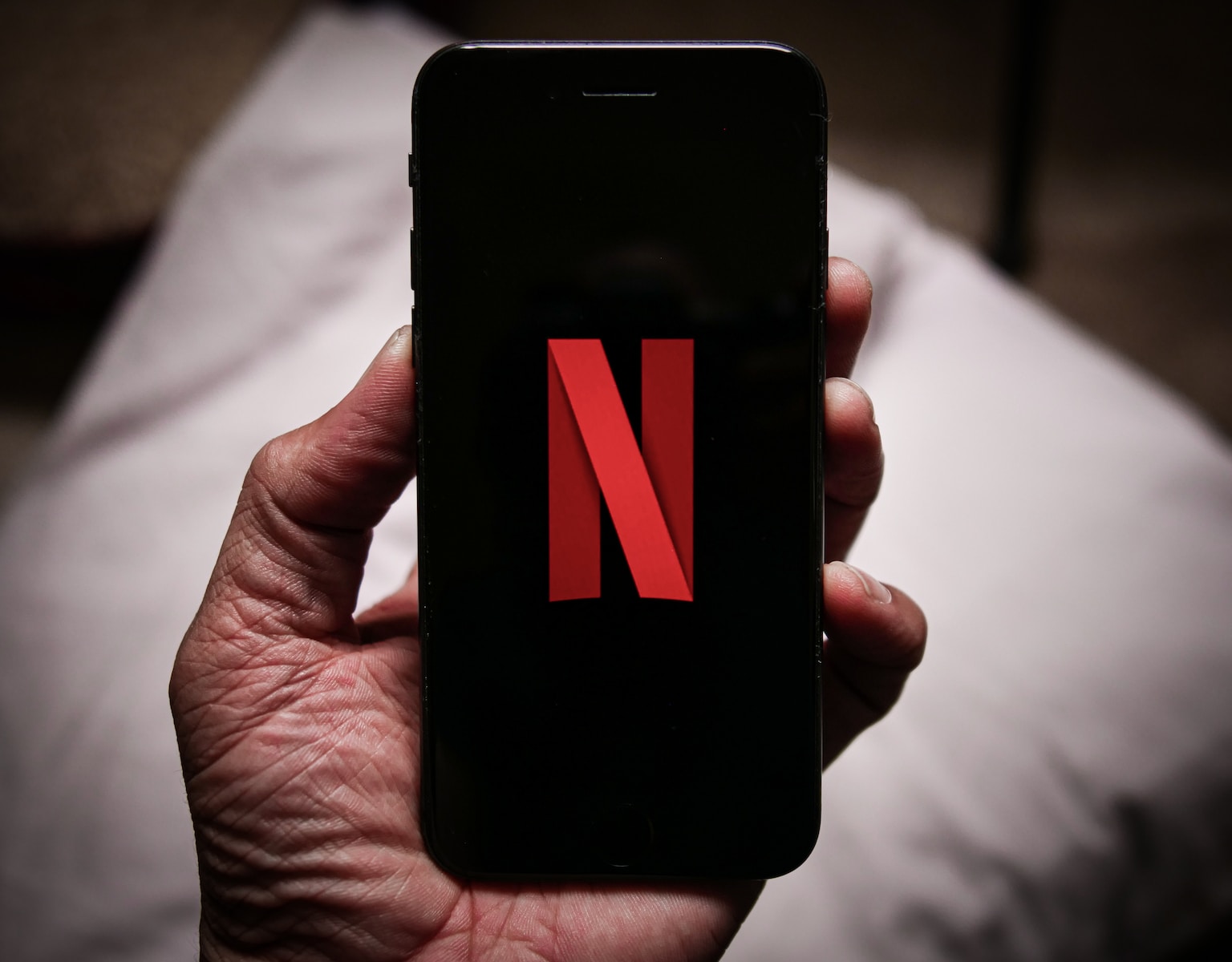The rapid advancement of technology has led to a revolution in the entertainment industry. Gone are the days of DVD rentals and cable subscriptions.
The rise of streaming services has changed the way we consume entertainment, offering an unprecedented level of convenience and choice.
Streaming services, such as Netflix, Amazon Prime Video, and Hulu, have become the go-to platforms for millions of users around the world.
With just a few clicks, viewers can access a vast library of movies, TV shows, documentaries, and even original content, all available on-demand, anytime, and anywhere.
One of the key factors contributing to the rise of streaming services is the convenience they offer. Unlike traditional cable subscriptions, which require viewers to adhere to a fixed schedule, streaming services allow users to watch content at their own pace. Viewers are no longer tied to specific show timings or forced to watch advertisements. They have the freedom to start, pause, and resume content as and when they please.
Additionally, streaming services have drastically expanded the range of content available to viewers.
With an extensive collection of movies and TV shows from various genres, streaming platforms cater to a diverse array of interests and tastes. Whether you are a fan of action-packed blockbusters, gripping dramas, or thought-provoking documentaries, there is something available for everyone.
Furthermore, streaming services have also played a significant role in nurturing creativity and diversity in the entertainment industry. Netflix, for example, has been at the forefront of producing and distributing original content. They have given opportunities to up-and-coming filmmakers and actors, producing critically acclaimed shows and films that may have otherwise gone unnoticed.
The rise of streaming services has not only transformed the way we consume entertainment but also how it is created and distributed.
Traditional Hollywood studios are no longer the sole gatekeepers of the industry. Streaming services have democratized access and opened up avenues for new voices and stories to be heard.
In response to the popularity of streaming services, many traditional media companies have launched their own platforms, such as Disney+, HBO Max, and Paramount+. This has led to increased competition in the industry, resulting in higher-quality content and lower subscription prices.
However, despite the many advantages of streaming services, there are concerns surrounding their impact on the traditional entertainment industry.
Movie theaters have struggled to compete with the convenience and affordability of streaming services, and some worry that the cinema experience may become obsolete.
Additionally, there is the issue of intellectual property rights and fair compensation for content creators. Streaming services have faced criticism for underpaying artists and musicians for their work, leading to debates about fair compensation in the digital age.
The rise of streaming services has undoubtedly revolutionized the entertainment industry, offering consumers more choices and convenience than ever before. However, as the landscape continues to evolve, it is important to find a balance that ensures fair compensation for content creators while giving viewers the content they crave. Ultimately, the future of entertainment lies in the hands of streaming services, and only time will tell how they continue to shape the industry.

